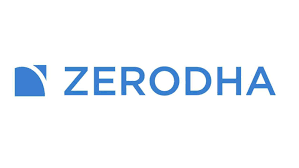Nestlé drew attention this week for the sugar content found in its baby food sold in developing nations, particularly in India. According to a report by The Guardian, Nestlé India included sugar and honey in infant milk and cereal products like Cerelac.
In response to concerns raised, Nestlé India informed that it has reduced up to 30% of added sugars across its infant cereal range over the past five years.
This controversy adds to the list of challenges Nestlé has faced in India and globally:
- Backlash Over Unhealthy Food Portfolio: In 2021, Nestlé faced criticism after an internal presentation revealed that a significant portion of its mainstream food and beverages did not meet recognized health standards, as reported by Hindustan Times.
- Maggi Noodles Ban in India: In 2015, Nestlé’s popular Maggi noodles were banned in India due to the presence of MSG and lead beyond permissible limits. The withdrawal severely impacted Nestlé India’s operations.
- Boycott in the US for Discouraging Breastfeeding: Nestlé faced accusations of discouraging breastfeeding in favor of promoting its baby formula in the US, leading to a boycott until 1984.
- Child Slave Labor Allegations: Nestlé faced legal action over allegations of involvement in child slave labor on cocoa farms in the Ivory Coast. However, a US District Court dismissed the case in 2022 due to lack of standing to sue.
- Water Bottling Practices: Nestlé’s water bottling practices, especially in drought-hit areas like California, have drawn criticism for exploiting water resources.
- Plastic Pollution: Nestlé’s packaging practices contribute to plastic pollution, with concerns raised about the management of plastic waste.
- Groundwater Exploitation: Nestlé’s operations in countries like Pakistan have allegedly led to sinking water levels and contamination, sparking accusations of groundwater exploitation.
These controversies highlight the ongoing challenges faced by Nestlé in various aspects of its business operations.



